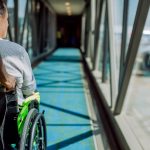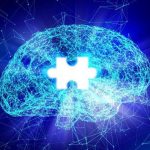
Rodeo riders might make it all look easy, but they’re actually participating in one of the most strenuous sports around, experts say. As such, folks participating in rodeo need to take steps to protect themselves, just as other athletes do, said Dr. Omar Atassi, an assistant professor of orthopedic surgery at Baylor College of Medicine in Houston. “You can get sprains or ligament tears, tendon injuries, breaks or fractures in bones in any sport,” Atassi said in a Baylor news release. “Just because you don’t hear about injuries in rodeo sport since it’s not as common as something like pickleball doesn’t mean it can’t be dangerous. When an injury does occur in rodeo sport, it can be fairly significant.” Atassi spoke out as locals prepare for the Houston Livestock Show and Rodeo, which draws in cowboys and cowgirls for days of rodeo events. The most common rodeo injuries are the sort of horse-related incidents that frequently occur among even weekend riders, Atassi said. A bucking horse might hit a rider’s hand with its head, potentially causing a broken hand or a strained wrist. Someone thrown from their horse might suffer an ankle sprain, torn ligaments or broken bones if their foot gets caught in the stirrup. In a worst-case scenario, a horse could fall on the rider, resulting in a pelvis fracture, Atassi added. Low-grade… read on > read on >


















